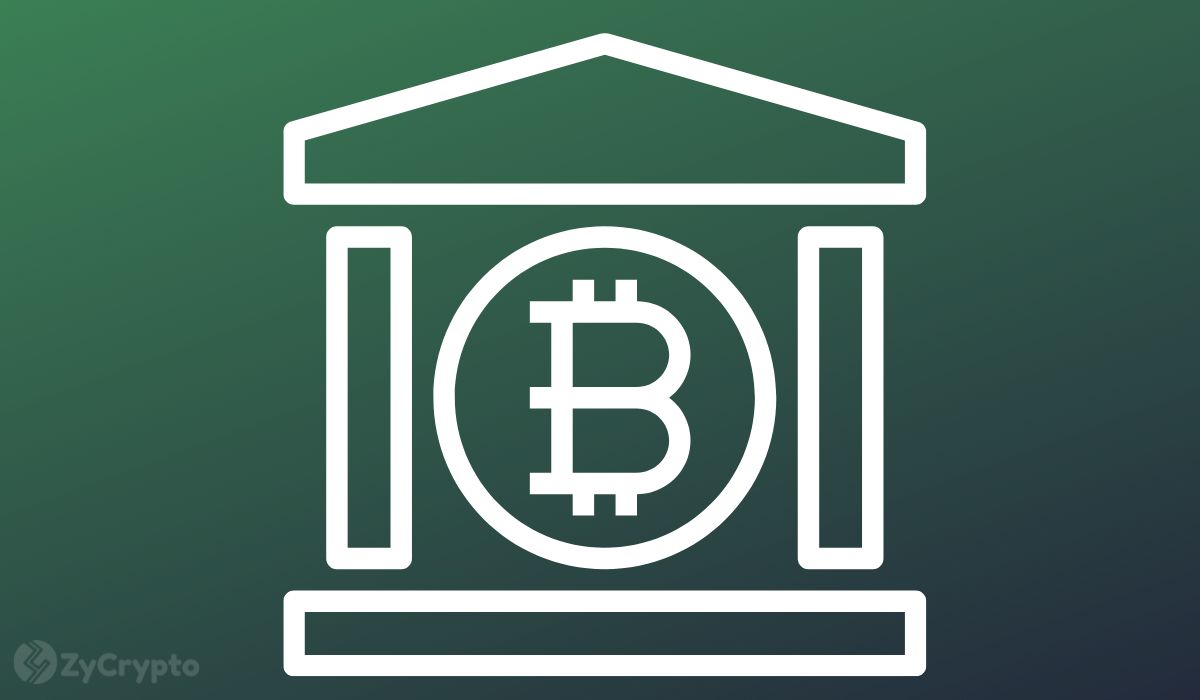Advertisement
 
 
Nine European banks, including ING and UniCredit, have formed a consortium to launch a euro-denominated stablecoin under the trading bloc’s Markets in Crypto Assets framework (MiCA).
Euro Stablecoin Set To Launch In The Second Half Of 2026
The participating banking behemoths — UniCredit, ING, Banca Sella, KBC, Danske Bank, DekaBank, SEB, CaixaBank, and Raiffeisen Bank International — have created a new company in the Netherlands to manage the project.
According to a Thursday joint statement by ING, the MiCA-regulated stablecoin, which leverages blockchain technology, seeks to become a “trusted European payment standard” in the digital ecosystem.
The stablecoin consortium plans to seek the requisite licenses under the supervision of the Dutch Central Bank as an e-money institution. The nine bank-backed digital payment instrument is expected to be launched in the second half of 2026.
“The initiative will provide a real European alternative to the US-dominated stablecoin market, contributing to Europe’s strategic autonomy in payments,” the banks stated.
MiCA, which became fully enforceable in December 2024 after almost four years of development, establishes comprehensive regulations for crypto-asset service providers across the EU.
The nine banks believe their planned stablecoin will provide a real European alternative to USD-pegged stablecoins, helping Europe claim its strategic autonomy in payments.
Stablecoins have witnessed accelerated growth as the United States adopts a more lenient approach to crypto assets under the Trump administration. The total USD-pegged stablecoin supply stood at $292 billion at press time, according to CoinGecko data. Meanwhile, the total euro stablecoin supply hovered at $560 million as of Thursday.
The consortium effort is open to more banks jumping on board. A CEO will be appointed in the near future, pending regulatory approval. Individual banks will be allowed to offer value added services, such as a stablecoin wallet and custody.
“Digital payments are key for new euro-denominated payments and financial market infrastructure. They offer significant efficiency and transparency, thanks to blockchain technology’s programmability features and 24/7 instant cross-currency settlement. We believe this development requires an industry-wide approach, and it’s imperative that banks adopt the same standards,” postulated Floris Lugt, digital assets lead at ING and joint public representative of the initiative.
The aforementioned nine European banks entering the European stablecoin sector means French lender Société Générale, the first big bank to introduce a euro-denominated stablecoin on Ethereum, will soon have some serious competition.

